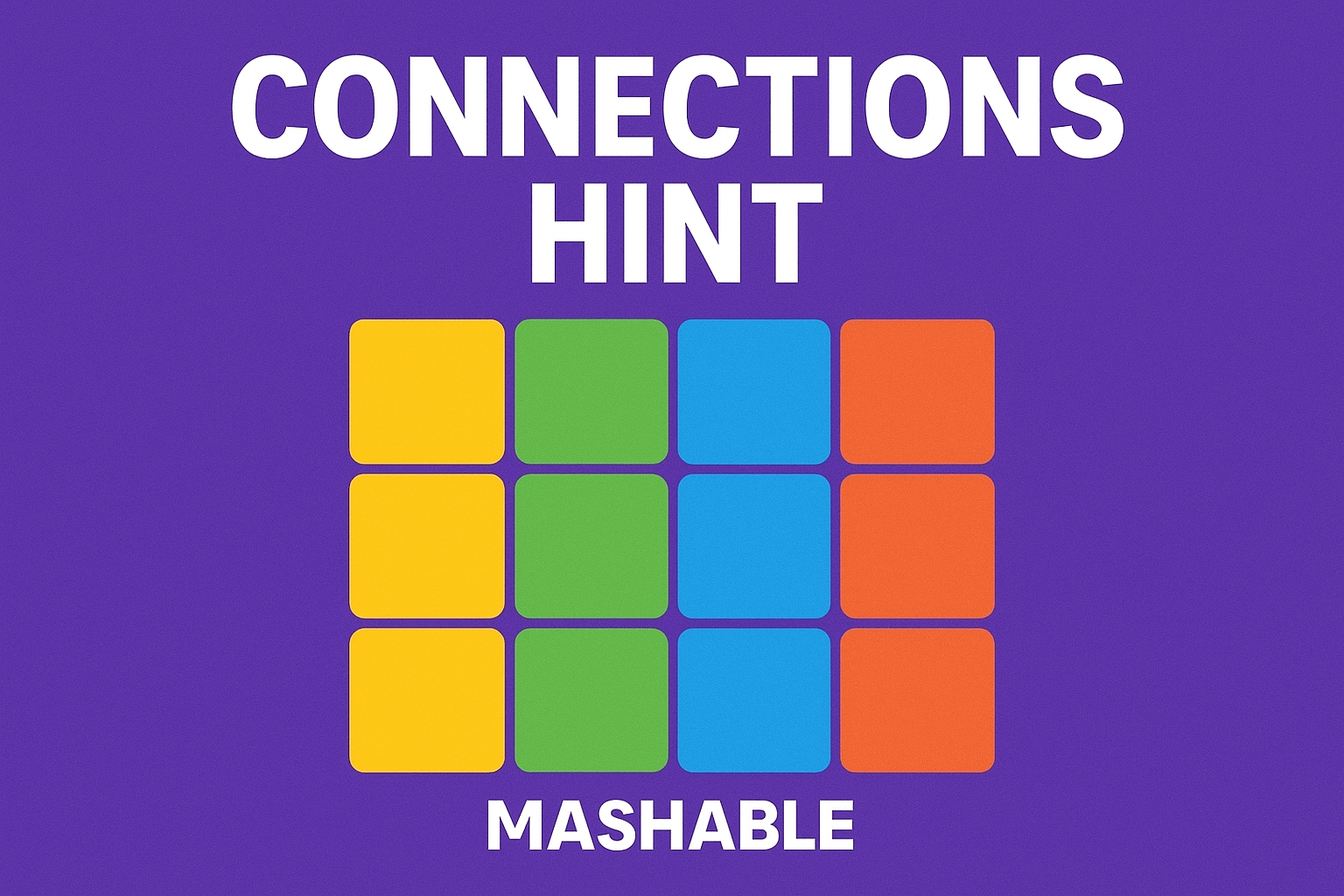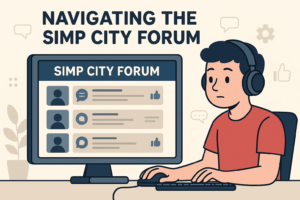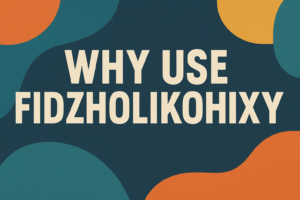Sometimes, it’s not the complexity of a task that draws people in. It’s the ritual, the quiet consistency, the way something fits into a morning the same way coffee does or how sunlight hits a favorite window at 9 a.m. For a growing crowd of curious minds and devoted players, Connections Hint Mashable has quietly become just that — a gentle, thoughtful challenge waiting to be untangled each day. Not because it’s hard, necessarily, but because it rewards the kind of thinking we rarely get to do in today’s rush.
The story behind Connections, and how Mashable has become its poetic translator, isn’t just about puzzles. It’s about people. It’s about what it feels like to think laterally, to fail gently, to connect not just words — but moments.
The First Click: Discovering the Flow
Every routine begins by accident. Someone stumbles across a link — “Today’s Connections Hint Mashable” — and clicks, half-curious, half-bored. The layout is clean. Four rows of four words. A blank slate with subtle menace. And somewhere in the soft grid is a theme — or four. Categories, unseen but hiding in plain sight.
That first attempt feels like unlocking a door without knowing what’s behind it. You click words. They light up. Maybe a set is correct, maybe not. Mashable’s hints, light-handed and never patronizing, offer nudges. Not answers, just direction. You squint. You try again.
And when it clicks? That rare, satisfying release — like untangling a knot with one smooth tug.
That’s where it begins for many. Not with triumph. With curiosity.
And soon, Connections Hint Mashable isn’t just a one-off click. It becomes the prelude to the workday. The thing you do before replying to emails. The part of your morning that feels just clever enough to wake up your brain, but never cruel enough to frustrate it.
A Game That Understands Thinking Is Personal
There are a lot of word games on the internet. Some boast intensity. Some bathe in nostalgia. Others lean into speed. But Connections Hint Mashable doesn’t rush you. It doesn’t demand your competitive edge. It invites your attention.
What sets it apart isn’t just the game mechanics — though those are elegant and deceptively layered. It’s how it feels to play it. Like a conversation. Or better yet, like eavesdropping on your own mind.
You start seeing patterns where there might be none. “Is ‘Mercury’ grouped with ‘Venus,’ ‘Mars,’ and ‘Saturn’?” Maybe. But maybe it belongs with “Messenger,” “Element,” and “Thermometer.” The joy lives in that ambiguity — the possibility of multiple realities, only one of which the puzzle permits.
That’s where Mashable comes in. Their hints never ruin the magic. They’re careful. Reflective. Almost like a friend leaning in to say, “Think broader. Or narrower. Or sideways.”
The tone matters. It doesn’t shout. It suggests.
And that tone, more than anything, is why people trust the Connections Hint Mashable series. Because it respects the player. It doesn’t solve the game for you. It reminds you how capable you already are.
Patterns, Categories, and the Quiet Brilliance of Language
Words are tricky. They carry meaning, yes — but also mood, memory, context. That’s what makes Connections so quietly brilliant. It doesn’t test vocabulary. It tests association.
Take a set like “Blue,” “Feeling,” “Note,” “Jazz.” Are they moods? Music? Both? Now add “Flat” and “Saxophone.” The mind spins. You test combinations. You get three wrong. You sigh. Then, with a grin, you realize they’re all genres. Or elements in music. Or something less obvious, more poetic.
That’s where Connections Hint Mashable becomes more than a puzzle. It becomes a mirror. You start noticing how you think. Whether you follow instinct or logic. Whether you leap to conclusions or edge your way there.
And every player has a moment — that single connection that changes their entire approach to the game. That shift from guessing to perceiving. From clicking at random to noticing structure.
The clues Mashable offers help you get there, but they don’t carry you. They just hand you the flashlight.
Why It Works: More Than a Game, It’s an Anchor
In a world of infinite scrolls and bottomless feeds, Connections is finite. One puzzle. Once a day. You don’t binge it. You return to it. That in itself is rare.
But the ritual isn’t just about discipline. It’s about presence. People find themselves opening their browsers to search “Connections Hint Mashable” not because they’re lost, but because they want to be found. In thought. In focus. In the act of solving something that won’t scream back at them.
The feedback is instant but gentle. The joy isn’t in the competition — it’s in the revelation.
And for many, it has become a bridge. Couples play together in the mornings before work. Friends text one another with theories. Coworkers share hunches over coffee. It’s quiet bonding. The kind we often forget we miss.
The hints from Mashable have, almost unintentionally, become part of the community itself. A shared language for those who don’t want spoilers — just guidance. A digital shoulder tap that says, “You’ve got this. Just look again.”
The Future of Connection: What This Teaches Us About Ourselves
It would be easy to write off Connections as another passing puzzle. Just a trend, a time-waster. But that would miss the point. Because what Connections Hint Mashable proves isn’t just that wordplay still has a home online — but that thinking slowly still matters.
In a digital age built on immediacy, here’s something that values pause. That rewards reconsideration. That gives you only what you need and nothing more.
And maybe that’s what makes it quietly revolutionary.
We play it alone, but never in isolation. We share hints, we compare streaks, we complain about the hard days. But we keep coming back. Not because we’re hooked, but because we’re seen.
Connections, with Mashable’s soft-spoken hinting hand, reminds us that language isn’t just for communication. It’s for reflection. And sometimes, the right four words placed beside each other — whether in puzzle or poetry — can light up something ancient in us.




